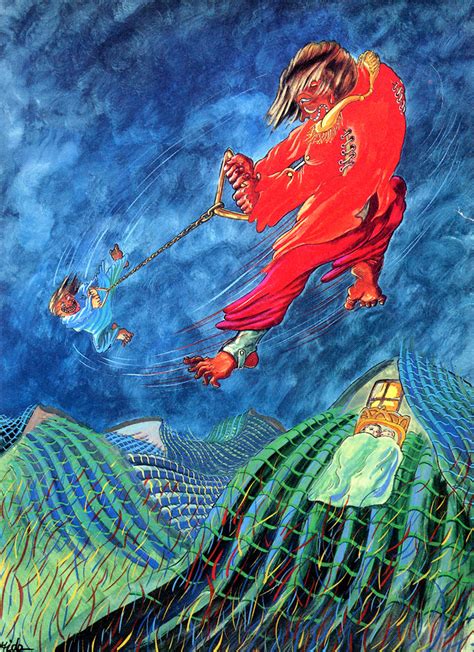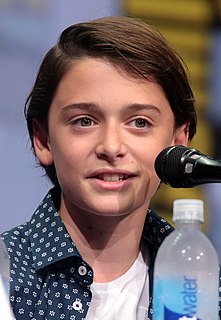A Quote by Clive Barker
There is no such thing as originality. It has all been said before, suffered before. If a person knows that, is it any wonder love becomes mechanical and death just a scene to be shunned? There is no absolute knowledge to be gained from either. Just another ride on the merry-go-round, another blurred scene of faces smiling and faces grieved.
Related Quotes
What is a scene? a) A scene starts and ends in one place at one time (the Aristotelian unities of time and place-this stuff goes waaaayyyy back). b) A scene starts in one place emotionally and ends in another place emotionally. Starts angry, ends embarrassed. Starts lovestruck, ends disgusted. c) Something happens in a scene, whereby the character cannot go back to the way things were before. Make sure to finish a scene before you go on to the next. Make something happen.
My editor and I remain very disciplined. It's just sometimes when you're making a film, you get into the cutting room and you see a scene that's slowing you down in a certain section, but if you remove that scene then, emotionally or story-wise, another scene a half-hour later won't have the same impact. You just get stuck with it.
No one can teach, if by teaching we mean the transmission of knowledge, in any mechanical fashion, from one person to another. The most that can be done is that one person who is more knowledgeable than another can, by asking a series of questions, stimulate the other to think, and so cause him to learn for himself.
It's always different for whatever the scene asks for but usually, I listen to music before the scene just to get into the mood, mellow myself out and really put myself into the character's shoes. I zone out from everything going on around me and just focus on what I have to do. From there, I just let it happen.





































